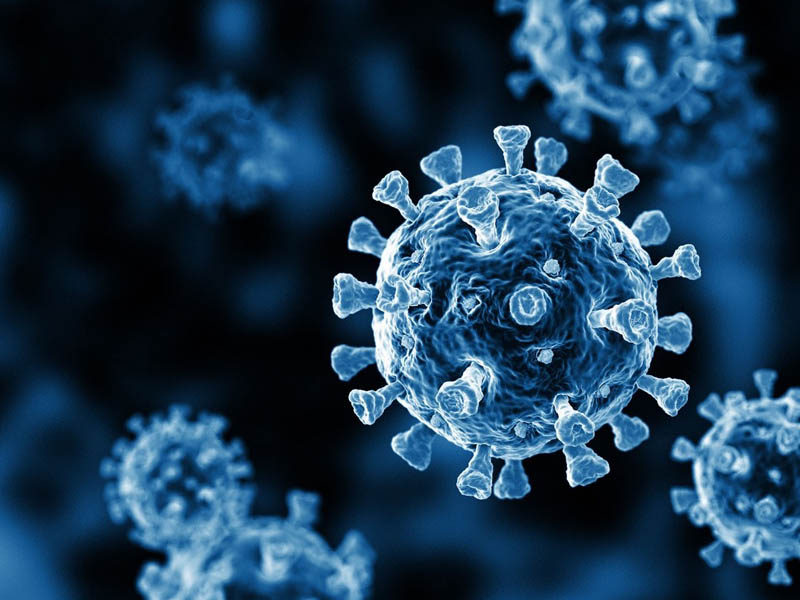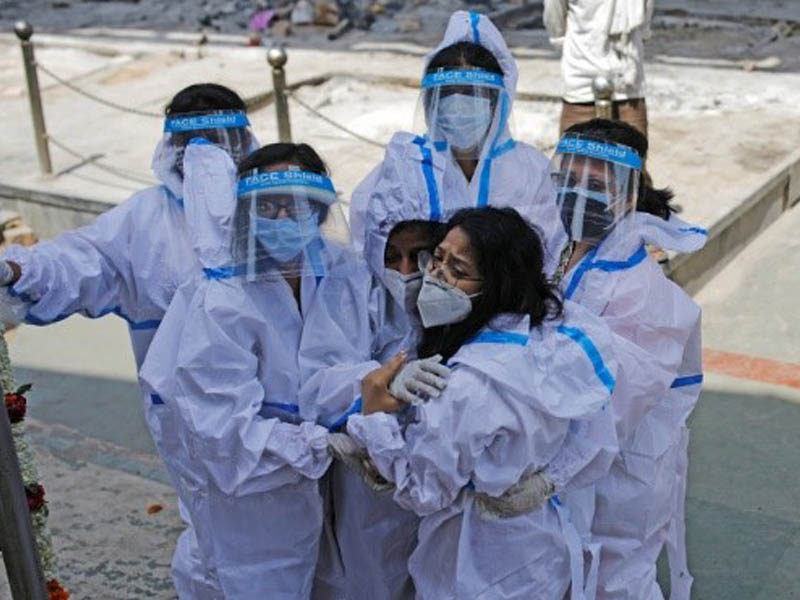
Vaccinating people in developing countries costs far less than doing nothing
Many non-rich countries are far behind as the United States and other countries celebrate the beginning of the end of the new coronavirus pandemic and a quarter to half of the population is vaccinated. Some people are vaccinated with less than 1% of the population, are vulnerable to new variants of the coronavirus, and are at risk of future outbreaks.
A new analysis is currently assessing the cost of recovery for these countries. According to the Rockefeller Foundation, a global nonprofit organization based in New York City, it will cost $9.3 billion to carry half the adult population of low-income countries by 2021. -A Geneva-based global private health partnership for access to vaccines. With that money, the alliance can buy 1.8 billion doses of the vaccine.
If doses of the COVID-19 vaccine were distributed fairly to all countries, those doses were “so far enough to cover all healthcare professionals and seniors,” he said. Tedros Adhanom Gebreyes, Executive Director of the World Health Organization, said: Conference of member countries.
The consequences of non-vaccination in resource-poor countries are not only life-threatening but have resulted in more than 3.5 million deaths from COVID-19 worldwide. It also affects profits. The International Chamber of Commerce estimates that the global economy will lose more than $9 trillion if low-income countries do not have access to vaccines.
Rockefeller’s report focuses on the 2021 vaccination. There are probably new variants of the coronavirus, such as P.1 first identified in Brazil and B.1,617 found in India. It shows the ability of the virus to evolve beyond the tools, its disposal available to the world (SN: 14/04/21). It’s too late to wait until 2022, says Christie Fague, director of public relations and advocacy at the Rockefeller Foundation. To date, many vaccines have been shown to protect people from serious illness and death.
“The pandemic itself has gone beyond the health crisis and is now an economic crisis,” said Fague. “The only way to slow down the economy is to reach as many countries as possible and stop the spread of the disease before other species emerge.”







